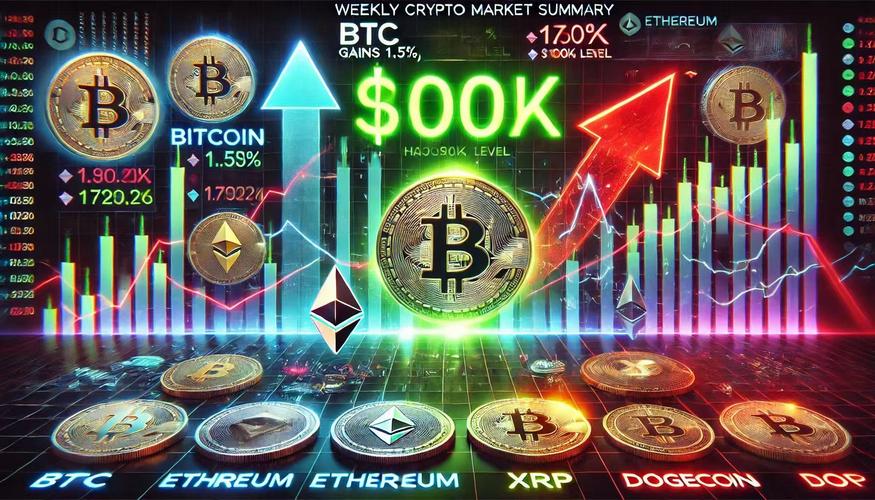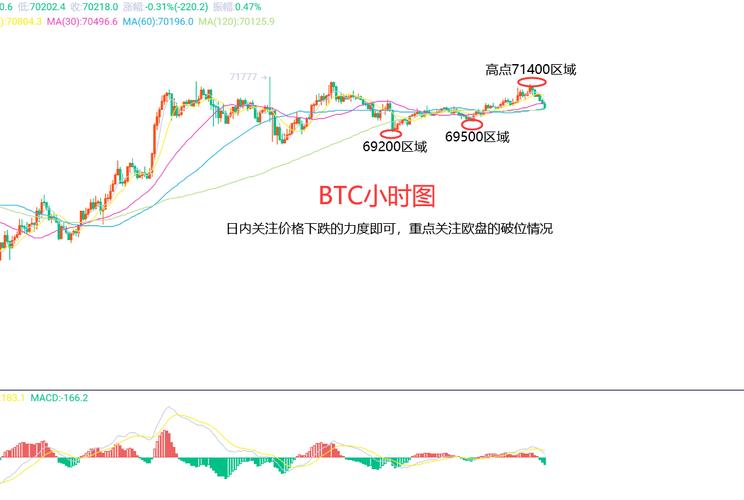
Better to Invest in BTC, ETH, or LTC?
Deciding where to invest your money can be a daunting task, especially when it comes to cryptocurrencies. With Bitcoin (BTC), Ethereum (ETH), and Litecoin (LTC) being some of the most popular options, it’s important to understand the differences and potential benefits of each before making a decision. In this article, we’ll delve into the details of these three cryptocurrencies to help you determine which one is the better investment for you.
Market Capitalization
Market capitalization is a key factor to consider when evaluating cryptocurrencies. It represents the total value of a cryptocurrency’s circulating supply. As of the latest data available:

| Cryptocurrency | Market Capitalization |
|---|---|
| Bitcoin (BTC) | $1.1 trillion |
| Ethereum (ETH) | $460 billion |
| Litecoin (LTC) | $20 billion |
Bitcoin has the highest market capitalization, making it the largest and most recognized cryptocurrency. Ethereum follows closely behind, while Litecoin is significantly smaller. Generally, a higher market capitalization indicates a more stable and established cryptocurrency.
Technology and Use Cases
Understanding the technology and use cases of each cryptocurrency can help you determine which one aligns with your investment goals.
Bitcoin (BTC)
Bitcoin is often referred to as “digital gold” due to its decentralized nature and limited supply. It operates on a proof-of-work (PoW) consensus algorithm, which requires miners to solve complex mathematical problems to validate transactions and add new blocks to the blockchain. Bitcoin’s primary use case is as a store of value, similar to gold or fiat currencies.
Ethereum (ETH)
Ethereum is a blockchain platform that enables the creation of decentralized applications (DApps) and smart contracts. It operates on a proof-of-stake (PoS) consensus algorithm, which is more energy-efficient than PoW. Ethereum’s primary use case is as a platform for building and deploying DApps, making it a popular choice for developers.

Litecoin (LTC)
Litecoin is often considered the “silver” to Bitcoin’s “gold.” It was created as a fork of Bitcoin, with some key differences, such as a faster block generation time and a different hashing algorithm. Litecoin’s primary use case is as a medium of exchange, similar to Bitcoin, but with faster transaction speeds.
Transaction Speed and Fees
Transaction speed and fees are important considerations, especially if you plan to use the cryptocurrency for daily transactions or as a medium of exchange.
Bitcoin (BTC)
Bitcoin transactions can take anywhere from 10 to 60 minutes, depending on network congestion. Fees can vary, but they are generally higher during times of high congestion.
Ethereum (ETH)
Ethereum transactions are typically faster than Bitcoin, with confirmation times ranging from 15 to 30 seconds. Fees can also vary, but they are generally lower than Bitcoin’s.
Litecoin (LTC)
Litecoin offers the fastest transaction speeds among the three cryptocurrencies, with confirmation times ranging from 2.5 to 15 minutes. Fees are also relatively low compared to Bitcoin and Ethereum.
Community and Adoption
The strength of a cryptocurrency’s community and adoption can play a significant role in its long-term success.
Bitcoin (BTC)
Bitcoin has the largest and most active community, with a strong focus on decentralization and privacy. Its widespread adoption as a store of value and medium of exchange has contributed to its success.
Ethereum (ETH)
Ethereum has a growing community of developers and users, with a strong focus on innovation and the development of DApps. Its widespread adoption as a platform for building decentralized applications has contributed to its success.
Litecoin (LTC)
Litecoin has a smaller but dedicated community, with a focus on improving upon Bitcoin’s features. Its adoption as a medium of exchange has been growing, but it still lags behind Bitcoin and Ethereum.
Conclusion
When deciding between Bitcoin




